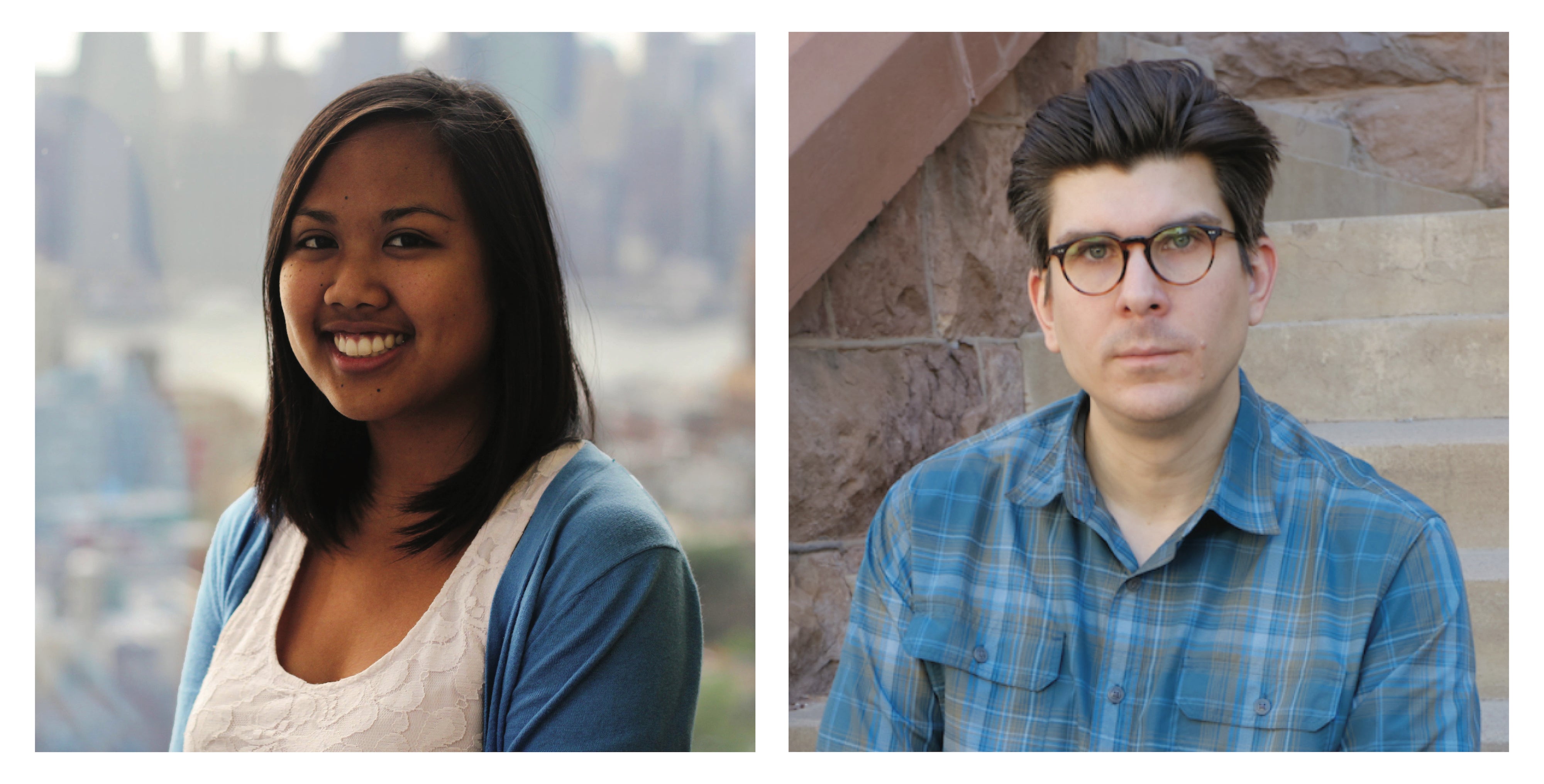As public attention has turned to systemic inequities in institutional cultures like those in police forces, medical care, school systems and food production, some researchers at Arizona State University are turning their attention to academic culture to explore how researchers might embody more equitable research practices.
This month, ASU postdoctoral scholar Schuyler Marquez launched a new series, “Embodying Reciprocity: Relationality and Redistribution in Anthropology,” on the collaborative blog Footnotes, along with ASU doctoral candidate Taylor Genovese and University of Chicago doctoral candidate Sonia Grant.
“Our goal in the series is to showcase alternative approaches to research as a way of imagining the academy differently, as a way of addressing harmful divisions and hierarchies, and as a way of moving toward more just possibilities,” Marquez said. “The series invites scholars to reflect on how, as researchers, we may better embody the kinds of reciprocal relations we talk about in theory."
Genovese and Marquez are both researchers on an ASU interdisciplinary research project, “Beyond Secularization: A New Approach to Religion, Science and Technology in Public Life,” funded by Templeton Religion Trust. The project, housed in ASU’s Center for the Study of Religion and Conflict, is led by Ben Hurlbut, School of Life Sciences associate professor; Gaymon Bennett, School of Historical, Philosophical and Religious Studies associate director of research and associate professor; and Hava Tirosh-Samuelson, Regents Professor of history, Irving and Miriam Lowe Professor of Modern Judaism, and director of Jewish studies.
“Anthropologists and other humanities scholars often critique the way that academic practices are embedded in Western knowledge systems, for example, dividing the study of art or religion from science," says Marquez, "but have been less inclined to reflect on how our relations with one another and our collaborators may also be entangled in those divisions and hierarchies.”
This is the first guest series hosted by Footnotes, an editorial collective that explores questions of whose knowledge and what kinds of knowledge “count” in academia. According to Genovese, a doctoral candidate in the School for the Future of Innovation and Society who helped found the blog two years ago, Footnotes was formed to examine the ideas and values that frame how academic research is taught and practiced and to develop new frameworks and practices for more equitable academic research.
“A key aim of the collective is to shed light on how academic gold standards are upheld through funding structures, hiring practices, tenure and promotion processes, curricula design, assessment practices and peer review,” Genovese said.
“These institutional mechanisms form an overall economy that creates hierarchies, rewarding some ways of knowing while penalizing others, or at least making them more difficult.”
Schuyler Marquez (left) and Taylor Genovese.
Organized as a collaborative laboratory or “CoLab,” the project focuses on the ways boundaries between science and religion, the sacred and the secular, and the private and the public govern common thinking about human integrity and human dignity, innovation and progress, the self and the natural world — social arrangements “that have come not only to be taken for granted, but whose unexamined authority constrains how research is conducted and research careers rewarded,” Bennett said.
“There’s been an assumption that as technology progresses, as knowledge progresses, we get less religious, we become more secular," Hurlbut said. "That assumption, those divisions, have been built into the way some fields study modern life, whether or not those ideas actually correspond with people's lived experience. So the disciplines have sort of carved themselves up in ways that are mapped onto assumptions about the world and knowledge that may not actually be correct.”
“Our basic conviction is that we need to pose new questions and engage new methods if we are to understand the interplay between religion, science and technology,” Tirosh-Samuelson said.
In this new Footnotes series, Marquez does just that, considering how “embodiment of traditional hierarchies and modes of interaction might be subverted to build more nourishing configurations” and practices in academic research, as well as for human flourishing more broadly.
“The most pressing issues that humanity is facing today need creative collaborations,” Bennett said. “And yet collaborations can sometimes get stuck in power asymmetries that are, in the end, not only unproductive but blocked and boring. Experimenting with new modalities for giving form to our conversations, interventions, and analyses — even if just for ourselves — is a huge step in a more creative and life-giving direction.”
Series posts:
- Louis Philippe Römer – Feeling like “Colored Me” and the Inequities in the Intellectual Formation of Anthropologists.
- Amarilys Estrella and Meryleen Mena – Black Latinx Encuentros: Embodied Knowledge and Reciprocal Forms of Knowledge Sharing.
- Susannah Crockford – How Can We Learn When We Have No Future?: Schools Strikes, Social Transformations, and the Possibility of Good Relations during Climate Emergency.
- Coming July 15: Rebecca Gearhart Mafazy – Teaching Self-Representation through Collaborative Visual Ethnography.
- Coming July 22: Schuyler Marquez – Embracing Affect in the Classroom.
Story by Jennifer Clifton
More Science and technology

ASU and Deca Technologies selected to lead $100M SHIELD USA project to strengthen U.S. semiconductor packaging capabilities
The National Institute of Standards and Technology — part of the U.S. Department of Commerce — announced today that it plans to…

From food crops to cancer clinics: Lessons in extermination resistance
Just as crop-devouring insects evolve to resist pesticides, cancer cells can increase their lethality by developing resistance to…

ASU professor wins NIH Director’s New Innovator Award for research linking gene function to brain structure
Life experiences alter us in many ways, including how we act and our mental and physical health. What we go through can even…

